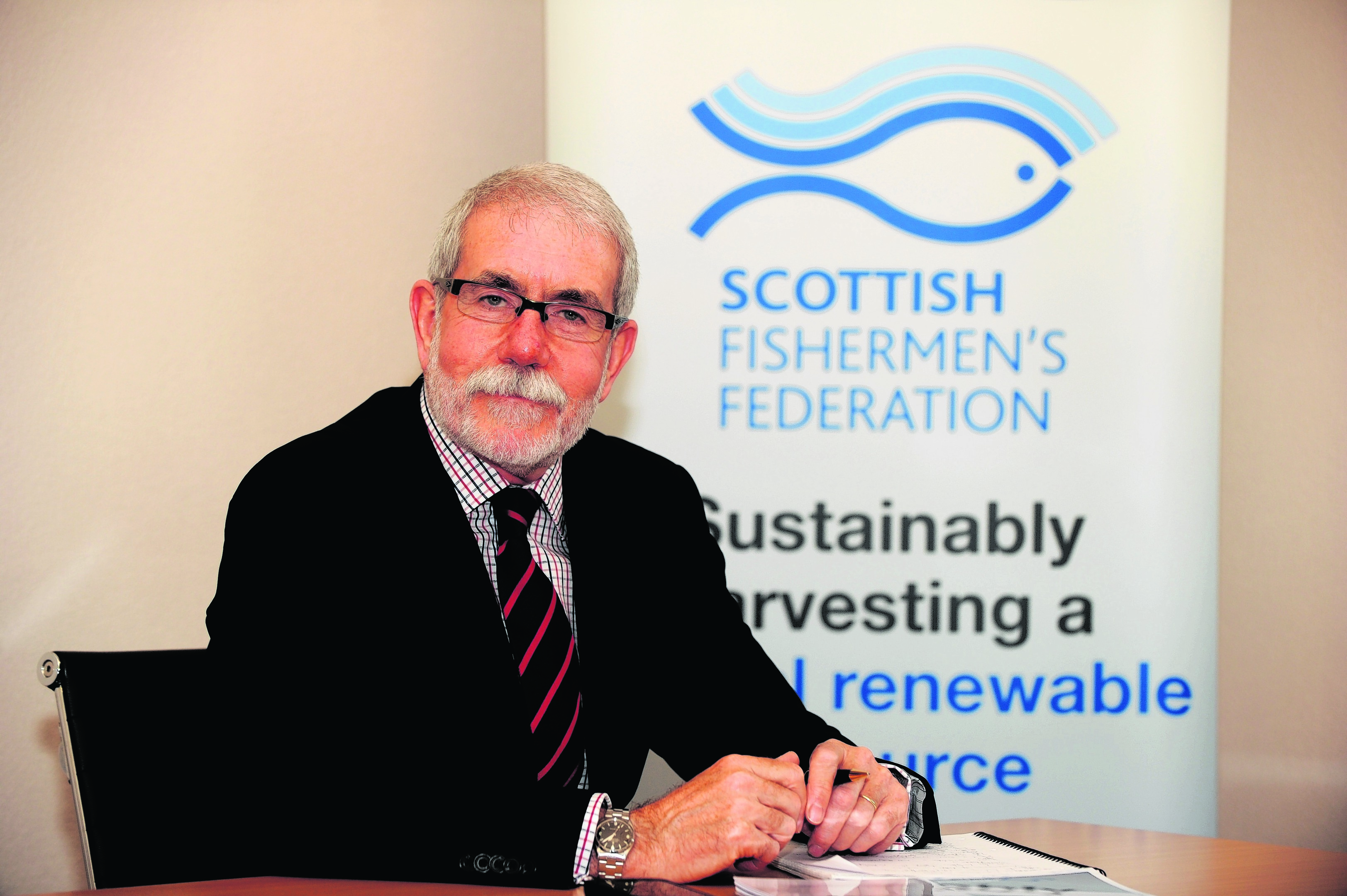Scottish Fishermen’s Federation chief executive Bertie Armstrong does not doubt the Scottish Government’s integrity over statements it will stand up for the industry, but is concerned that fishing will become a bargaining chip in negotiations for EU membership
For the fishing industry, wrapped as tightly as it is in the Common Fisheries Policy (CFP), the question of what will happen to European Union membership is central, but not the only one.
We now have most of the information that we are likely to get.
In April, the Scottish Fishermen’s Federation (SFF) wrote a similar letter to Scottish fisheries minister Richard Lochhead and the UK’s George Eustice, listing questions. Replies have been received.
For fishing industry voters, the impact of constitutional change is doubled by our connection with our status in Europe.
The great paradox is that if there were no considerations other than sustainable fishing, the best place for us would be outside the CFP, with the government of the day making bilateral arrangements on fishing opportunity and access.
Indeed, most of the main political parties have at times had withdrawal from the CFP as a policy commitment.
In no case did the promise survive arrival in government, because there are other matters than fishing to co-ordinate with our neighbours and finally, withdrawal for the CFP is not realistic on its own – that would require withdrawal from the EU, which is no government’s policy at this time.
Given that politicians will never willingly expose any weaknesses, we are left with evidence and opinion as the guides of voting choice.
Opinion is by necessity personal and the SFF will not therefore offer any; evidence is another matter.
Perhaps the most important half of the question is whether the industry would be better or worse off. Again and in truth, nobody knows.
Richard Lochhead has confirmed that division of catching opportunity (quota and fishing days at sea) would be an internal UK issue.
There would be a negotiated split of the present UK quota into two.
That would not be easy and it would take place alongside myriad other UK discussions over such big things as currency and the national debt.
The fishing industry (which is absolutely vital to the local
fishing communities, but regrettably forms less than 0.5% of Scottish GDP) has always been nervous about coming second best in such contests.
The same conditions would apply within European set-up discussions – we believe Richard Lochhead’s commitment, but note that it will look similar to that made by the Dutch, Irish and Danish ministers when describing their approach to negotiations.
The comparative benefits of a Scottish voice, speaking only for us within Europe are small versus the clout that comes with being a part of a heavy hitter.
While some of the argument is a matter of opinion, all practical European evidence suggests that big will win on the big issues.
As a separate state, Scotland would negotiate only for itself.
However, perhaps the biggest single advantage of being in the UK member state is flexible quota management.
The Scottish fleet fishes considerably more than it “owns”, by leasing and swapping across the UK and internationally.
In the event of separation, the swapping would continue when mutually agreed but under the regulations, leasing or purchase arrangements with the UK would stop.
That is no small matter and would be arguably the most significant problem of separation.
